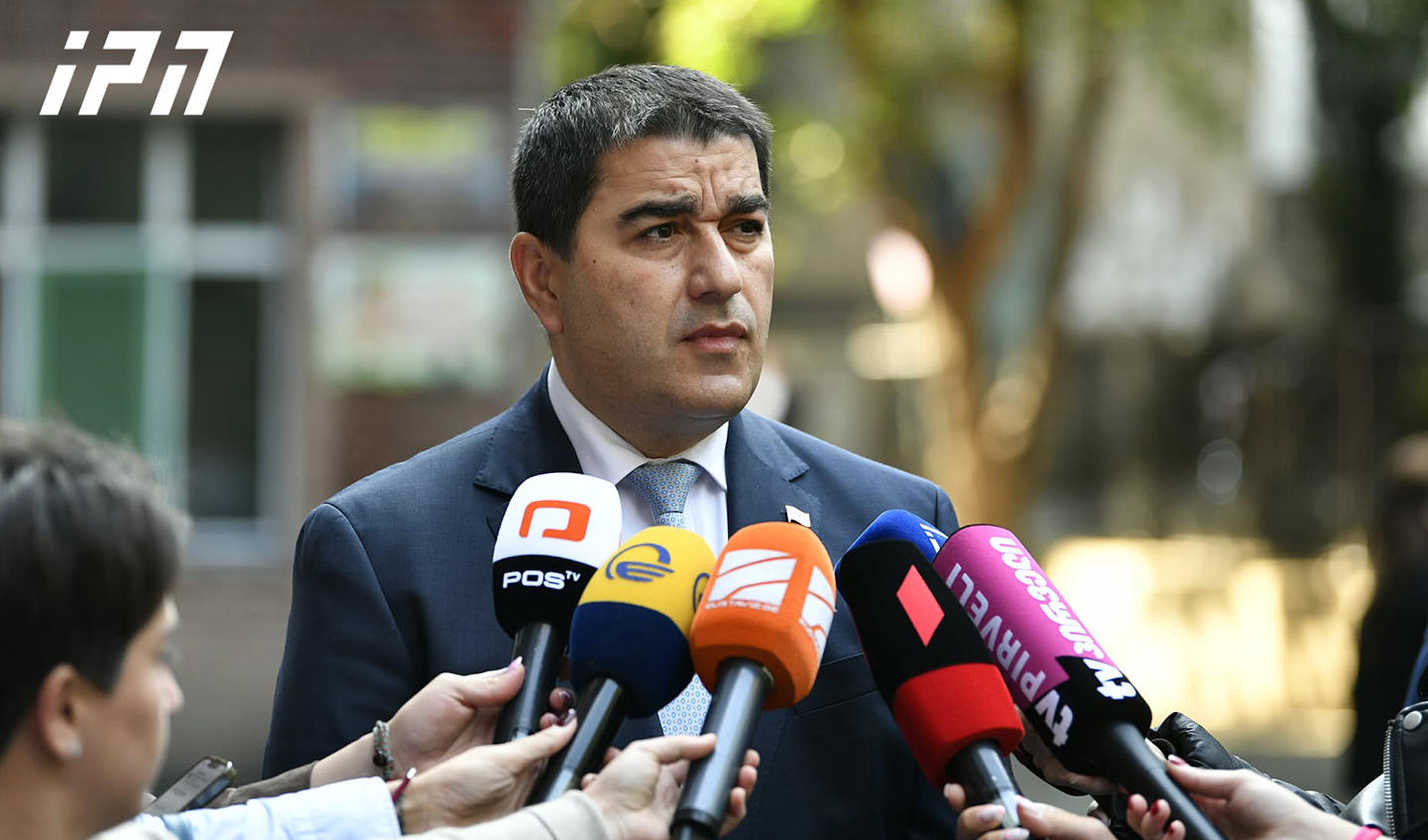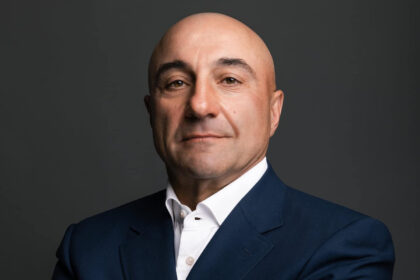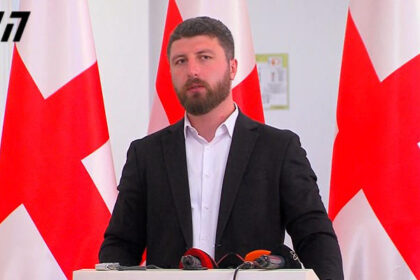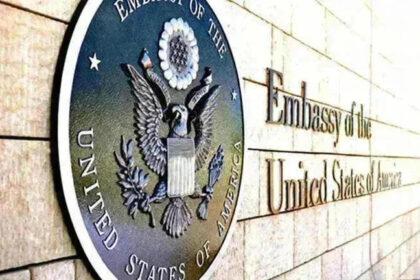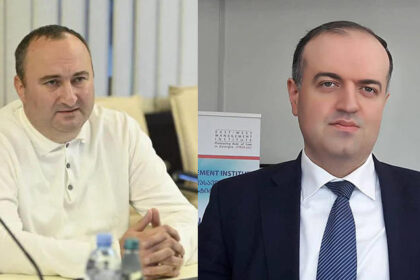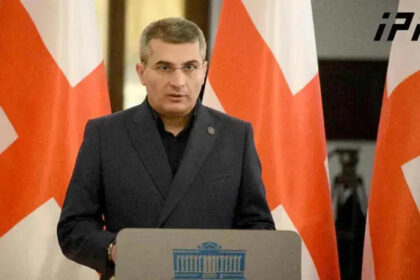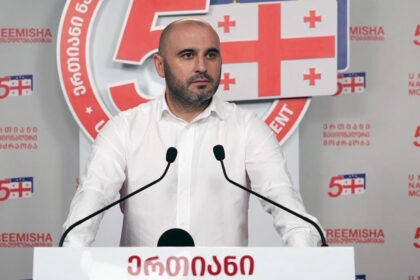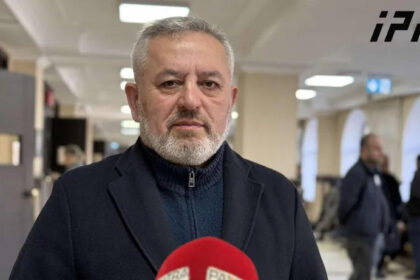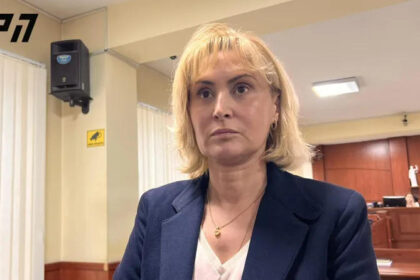The October 4 coup in Tbilisi was masterminded, funded, and engineered from abroad, – the Speaker of the Parliament of Georgia, Shalva Papuashvili, writes on the social network X.
As the Speaker of the Parliament notes, in the last four years, continuous covert foreign attempts to depose Georgia’s democratically elected government use plausible deniability as a major tool.”
According to him, if one tried to find a sovereign agency responsible for these statements, one would never find one as foreign governments can always rely on plausible deniability for washing their hands.”
However, according to Papuashvili, some foreign leaders failed to show great foresight, and he names Moldovan President Maia Sandu as an example. According to Papuashvili, Maia Sandu supported those storming the presidential palace.
Papuashvili also notes in his statement that the Georgian population now has “zero trust in Georgia’s false friends.”
“The October 4 coup in Tbilisi was masterminded, funded, and engineered from abroad. It was carried out by the local radicals, giving their masterminds an opportunity for plausible deniability – so that they avoid responsibility by ensuring there’s no definitive evidence of their involvement in the action, thus enabling them to deny any connection.
For decades, the Western world was trying to shield off the hybrid attacks, known as active measures, from the Soviet Union. They now claim these extraordinary efforts have been remastered and redeployed by today’s Russia. The irony is, some of the same Western actors conduct similar political warfare, most obviously against the Georgian state.
By international law, the principles of sovereignty and non-intervention are sacrosanct. Georgians know first-hand the bitterness of violation of these principles, as part of our country is militarily occupied. But we also learned to discern the tacit violation of sovereignty and interference with domestic affairs too. Unfortunately, such measures increasingly remind us of the re-imagined Soviet hybrid political warfare.
In the last four years, continuous covert foreign attempts to depose Georgia’s democratically elected government use plausible deniability as a major tool. When MPs of foreign parliaments, Members of European Parliament, foreign government-funded NGOs, foreign-government affiliated experts or journalists attack the Georgian authorities, encourage local radicals to depose the elected government, or facilitate foreign funding for domestic upheaval, we find out that nobody takes responsibility for their actions. Respective embassies deny their involvement, telling us that MEP Rasa Juknevičienė does not represent Lithuania, or that funding of the radical paramilitary group Shame Movement comes from the European Endowment for Democracy, which falls under nobody’s formal jurisdiction.
On Saturday, when the mob started attacking the presidential palace in Tbilisi, numerous foreign politicians, allied with the radical opposition in Georgia, suddenly started posting incendiary messages on international media platforms for, ostensibly, supporting the ‘Georgian people’s fight for democracy and freedom’. This certainly looked like a well coordinated PR campaign. If one tried to find a sovereign agency responsible for these statements, one would never find one as foreign governments can always rely on plausible deniability for washing their hands.
Some foreign leaders, however, did not show so much foresight. As the violence reached its peak and the mob invaded the presidential palace in Tbilisi, Moldovan President Maia Sandu wrote on X: “My thoughts are with the people of Georgia, who stand for freedom and their European future. Democracy cannot be silenced. Moldova is by your side”. Thus, Maia Sandu expressed her support for those storming the presidential palace. This statement looks particularly strange from a politician who, only two weeks ago, was sounding alarm about the foreign intention to depose her. However, the fact is that on October 4, she found herself directly involved in supporting the coup in Georgia. Whether she opted to make this statement on her own or was asked to do so, is a different matter.
Luckily, after years of this shameful and very harmful hypocrisy, Georgian people have learned to discern the machinations behind the ‘benevolent support, and have little, if any, trust towards the frenemies of Georgia.
Below, in time sequence, one can see the evidence of how the violent mob, involved in the coup, was being encouraged from abroad”, reads the statement.
Shalva Papuashvili: The October 4 coup in Tbilisi was masterminded, funded, and engineered from abroad
